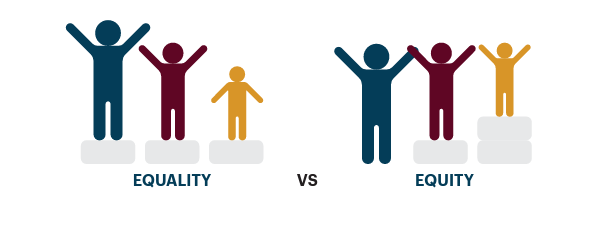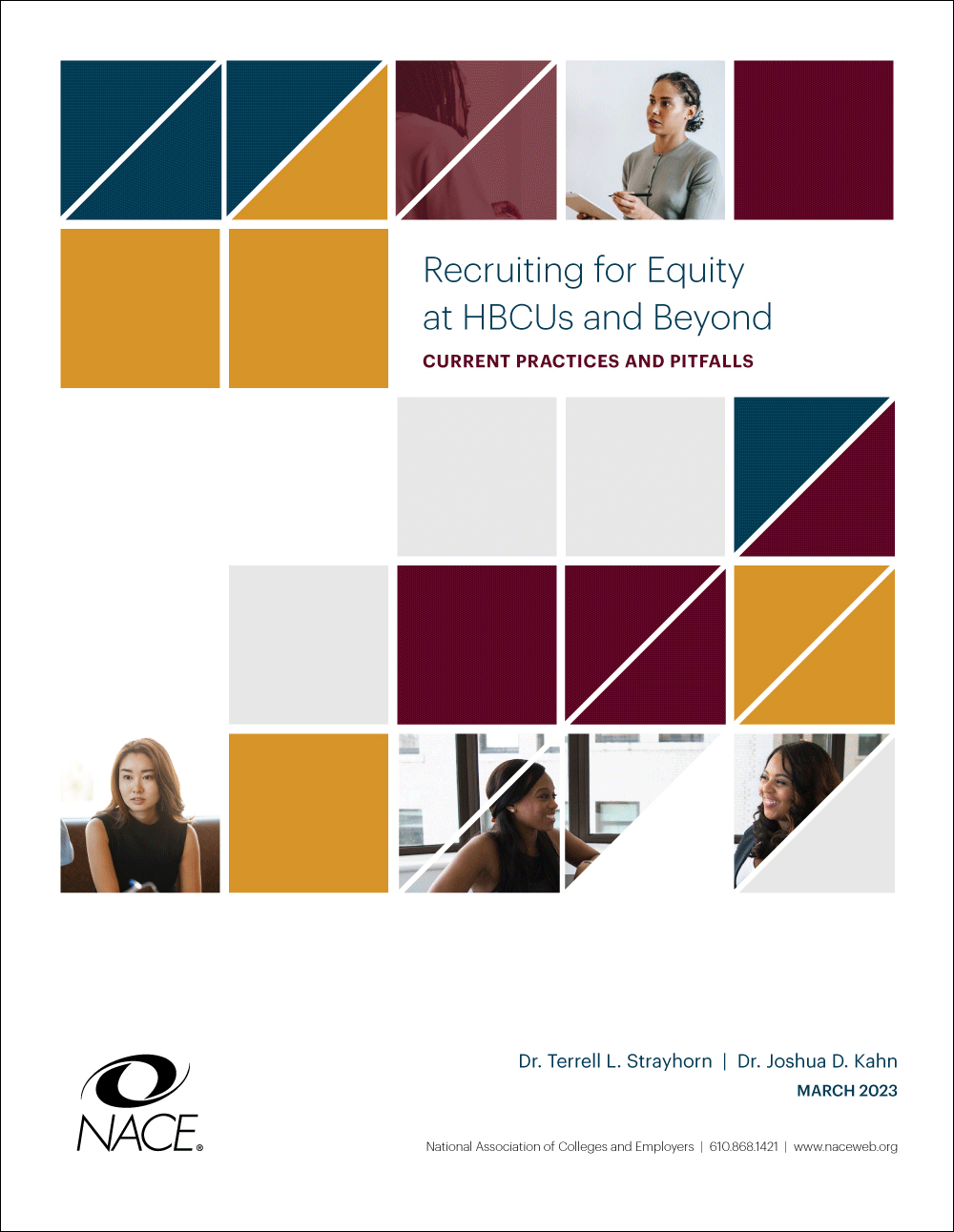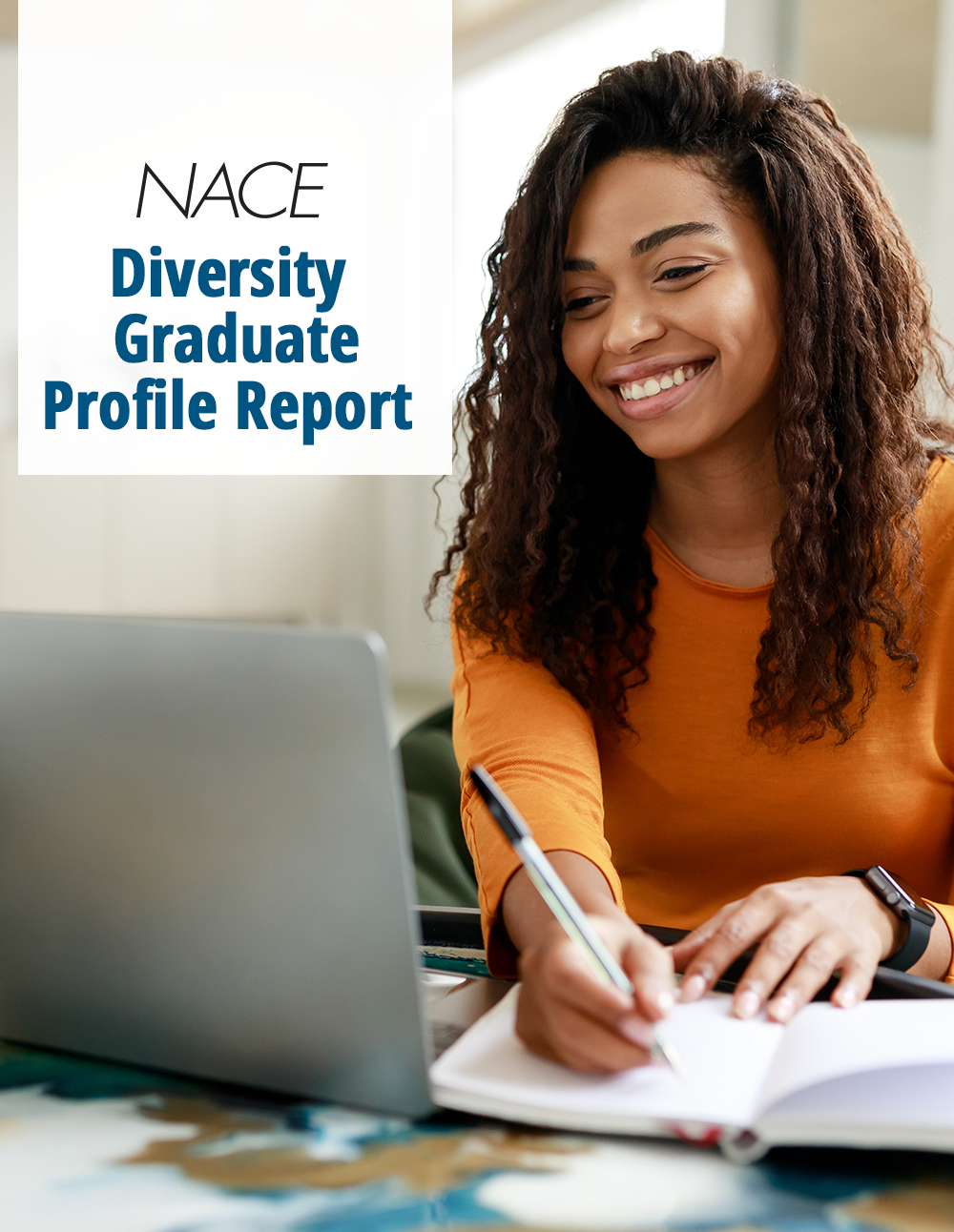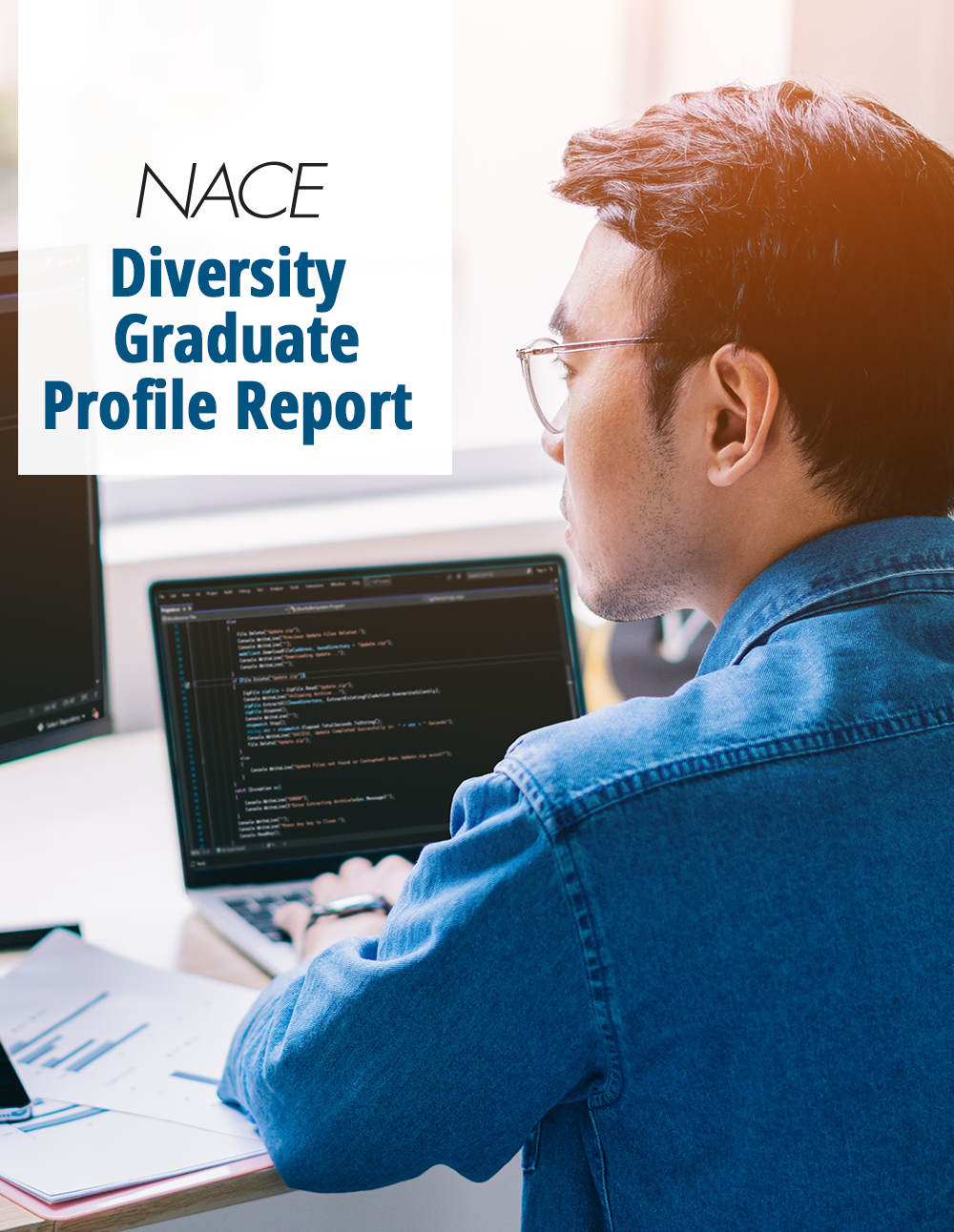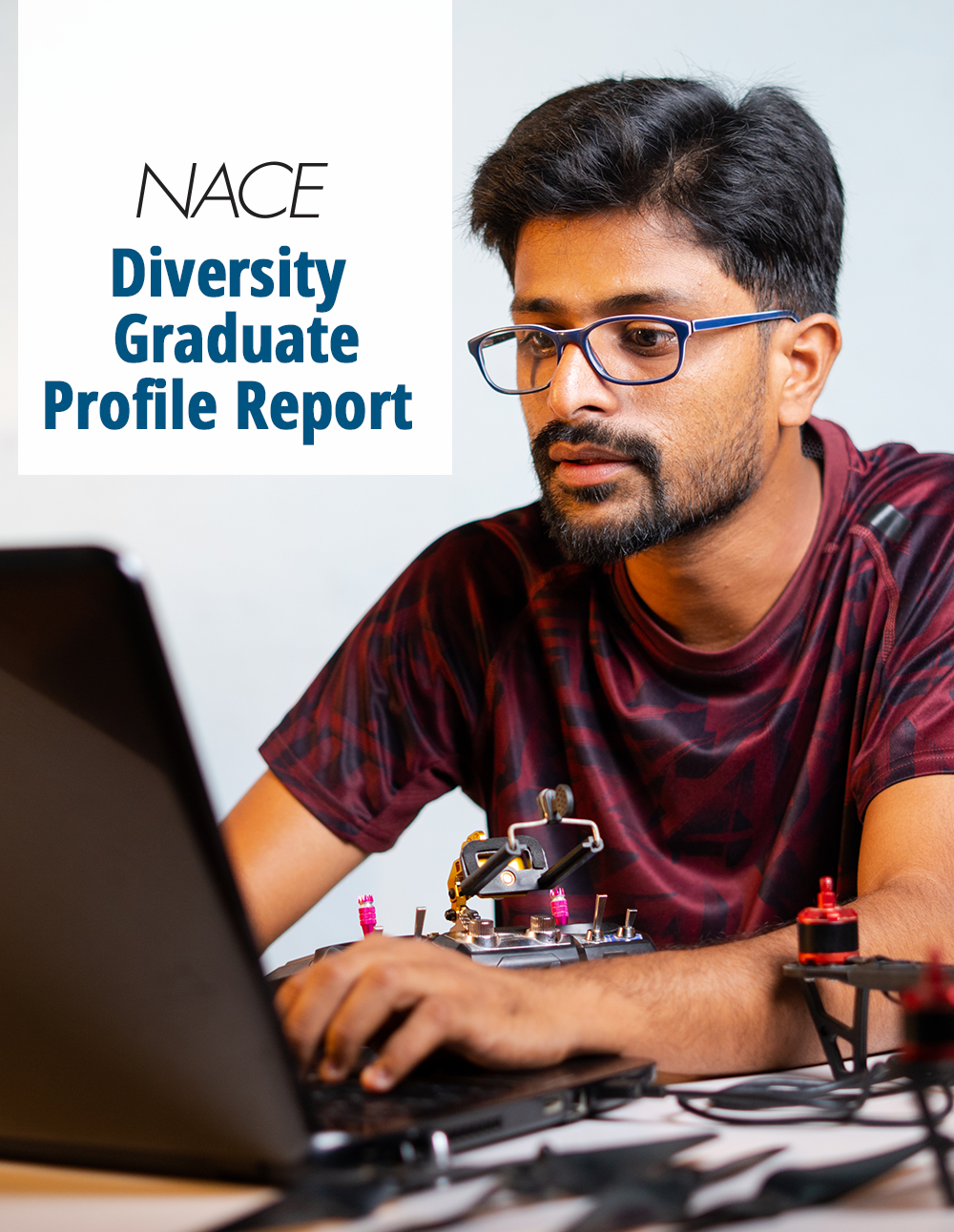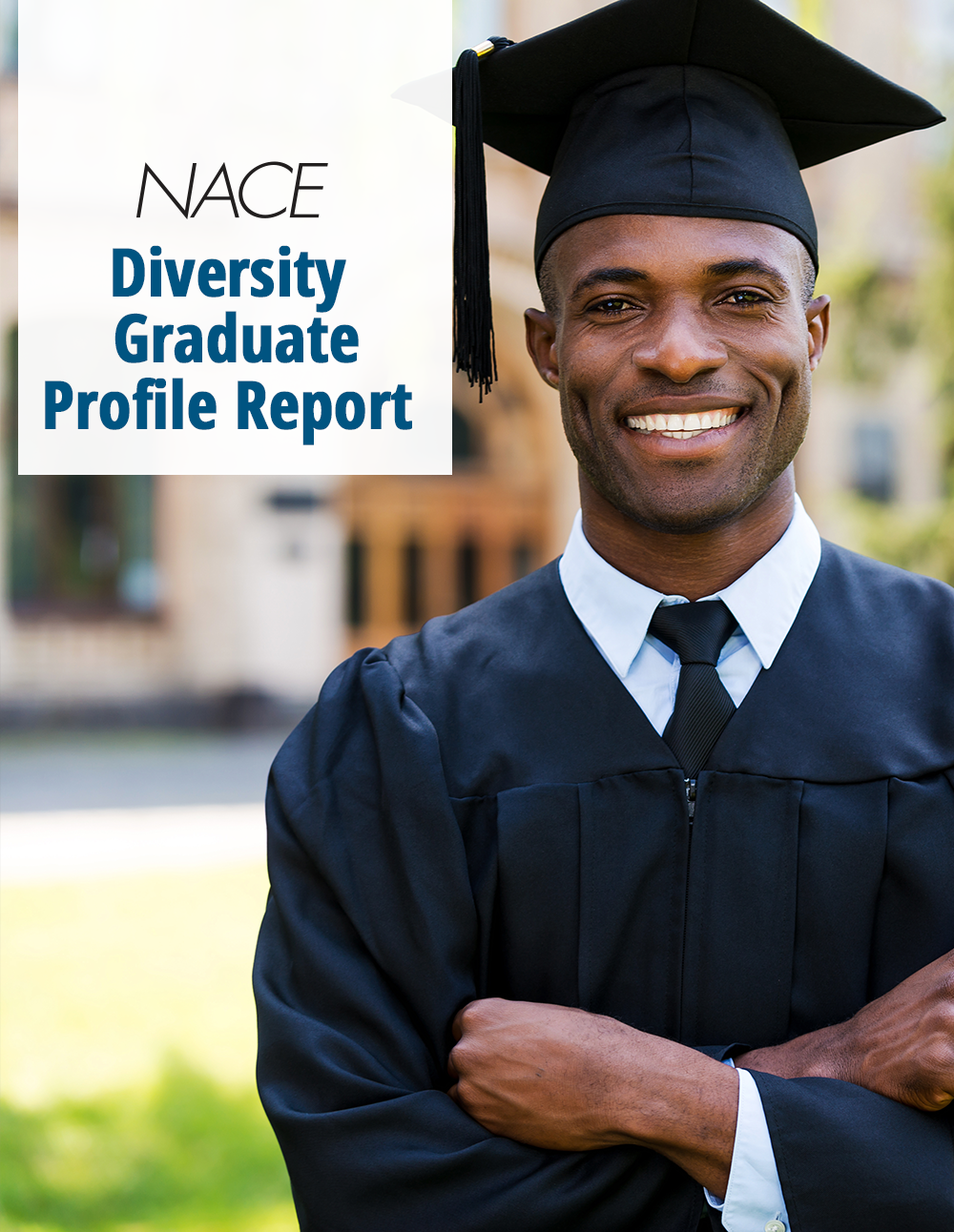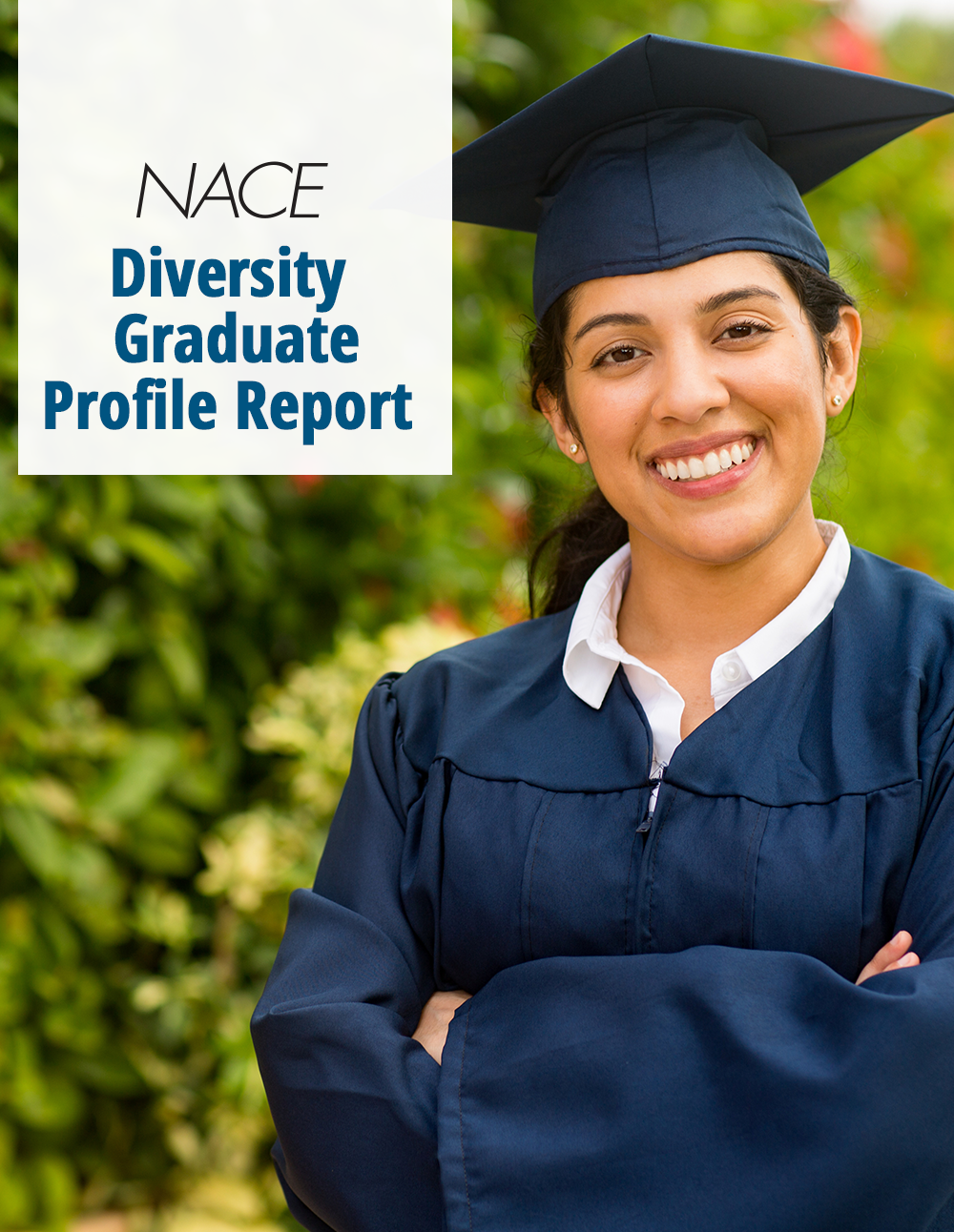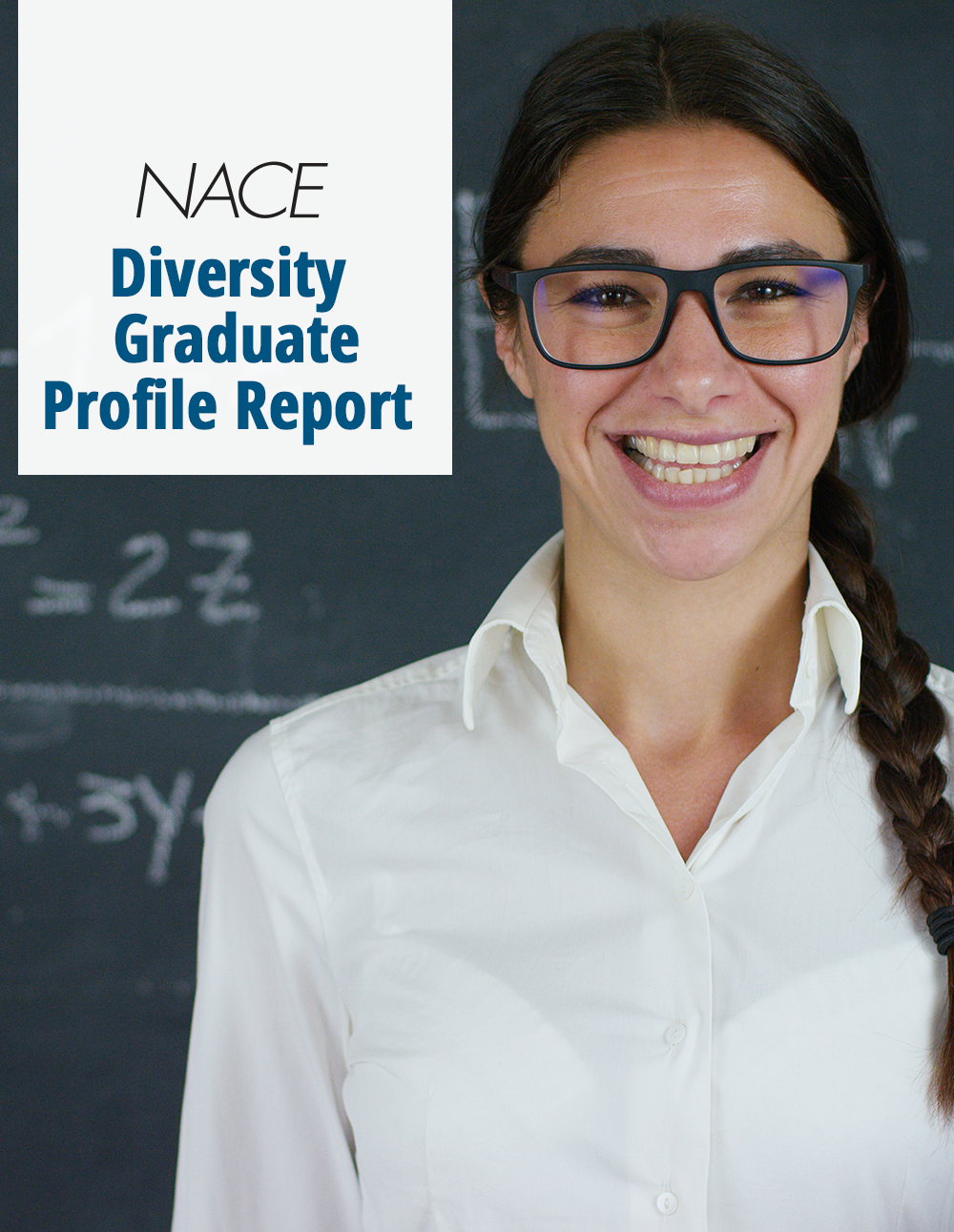Three Skills Every College Campus Should Develop in Their First-Generation Students
NACE Journal, November 2021
How can professionals prepare first-generation students for success after graduation?
A survey conducted in March 2021 among 300 first-generation students who took part in the First-Generation Career Leadership Experience event identified three critical skill areas that should be integrated into career and leadership development programs to position first-generation students for post-graduation career success: relationship management skills, virtual work skills, and leadership skills.
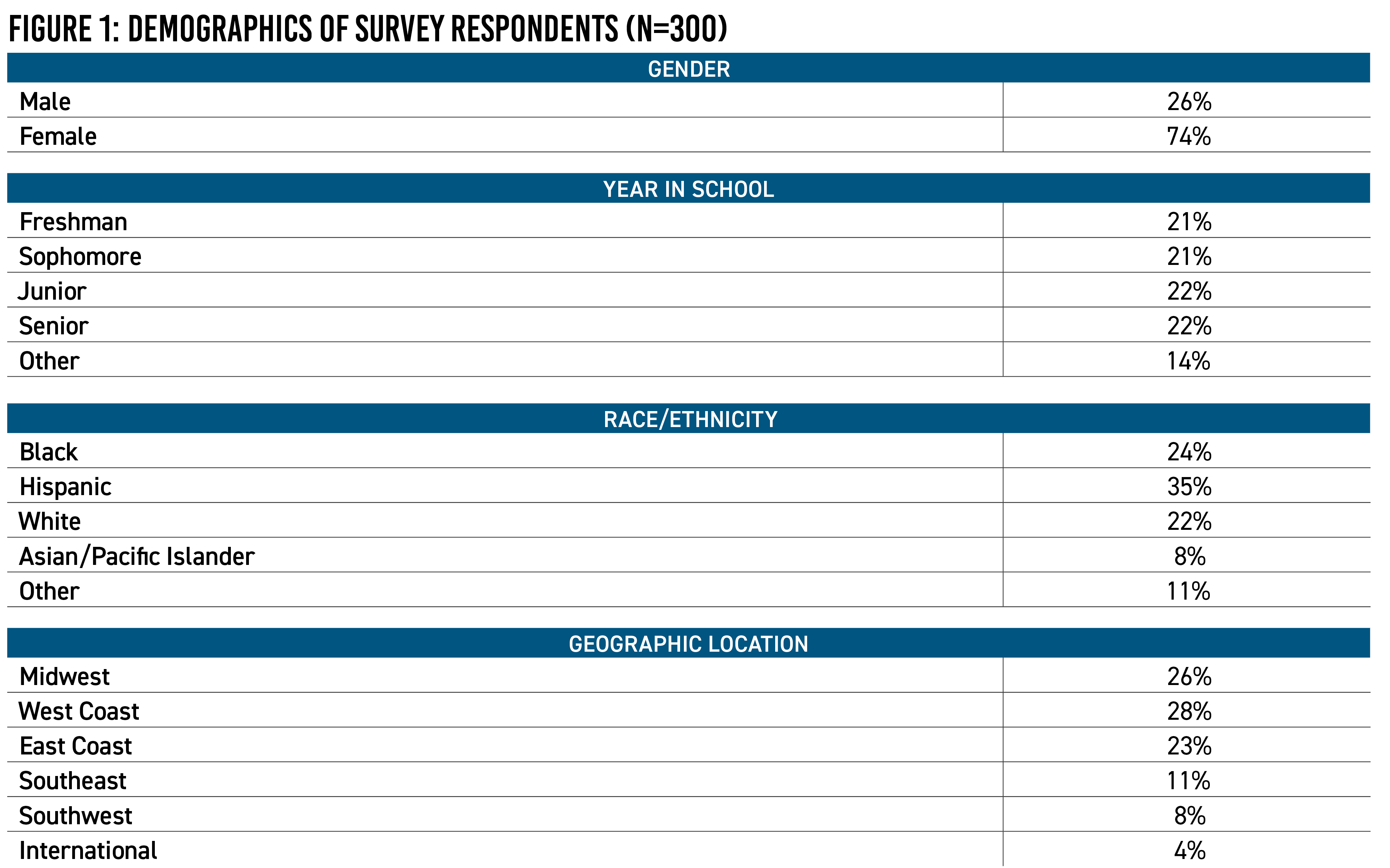
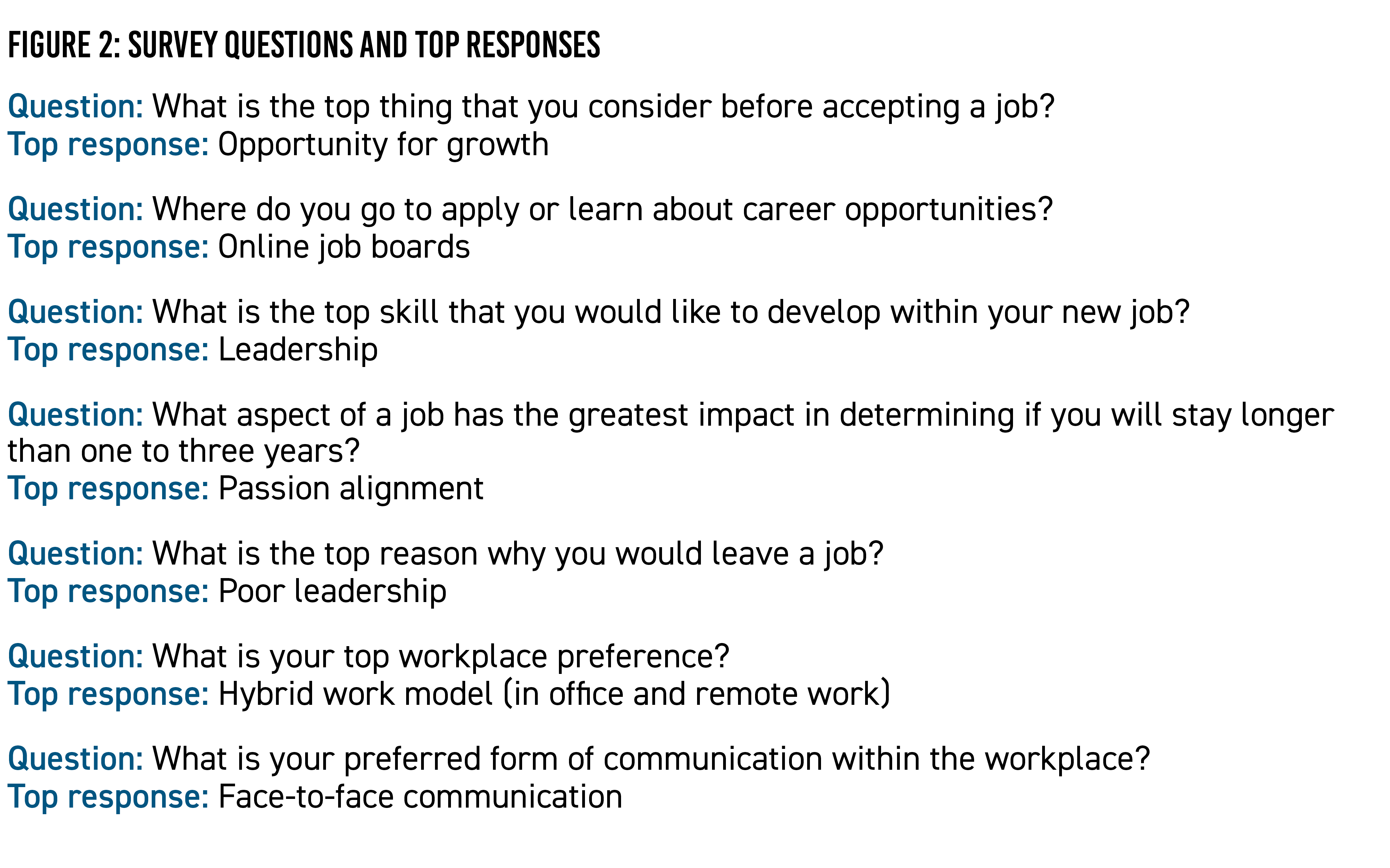
Relationship Management Skills
The study found that attaining jobs or internships through relationships was the least used strategy among respondents, meaning that these students are missing out on career opportunities that can come from personal relationships and networking. Consequently, developing relationship management skills will help first-generation students position themselves more effectively for career leadership success after graduation. (Note: We define relationship management skills as an ability to network, connect, build positive relationships with others, and manage those relationships effectively over time.)
In essence, when a person has perfected their relationship management skill set, not only are they good at strategically meeting new people and developing a connection with those people who are aligned with their professional or leadership goals, but they also have the ability to build and manage the relationship well over the long term.
Virtual Career Skill Set
The second skill area that need to be addressed is virtual learning, speaking, communication, and leadership.
Given all the changes that have occurred over the past 15 years within the workforce, it is important that first-generation students take the time to improve in these areas; there is a unique set of skills that must be learned to lead, serve, and
be a strong member of a remote workforce.
Moreover, students responding to the survey indicated that they desire a future workplace that uses the hybrid model—half the time working in the office, the other half working remotely. To
support this, they must improve their skills for virtual settings.
Their desire is in alignment with what other studies indicate is possible for today’s workers. According to Global Workforce Analytics, “56% of the U.S. workforce have jobs that are at least partially compatible with remote work.”1 However, as noted by Arianne Cohen in an article for the BBC, strong in-person leadership skills do not necessarily translate to being a good virtual leader.2 This means that remote workplace skills will need to be taught and developed within first-generation students.
Fortunately, as a result of the COVID-19 pandemic, many first-generation students are already being required to improve their virtual learning, speaking, communication, and leadership skills in order to perform well in school and beyond. However, as we continue to prepare our first-generation students for career success after graduation, the need to have more intentional training within this area will be essential in making sure our future professionals are positioned for success.
Career professionals can empower their students in these areas by:
- Encouraging students to attend events where they can develop these skill sets;
- Challenging students to develop virtual presentations;
- Working with students to help them attain virtual internships where these skill sets can be further developed; and
- Creating reflection conversations with students around this subject matter so that they can learn and grow within this area.
Leadership Skills
The third area that should be addressed by career professionals is helping first-generation students develop their leadership abilities through robust leadership development programs. In fact, through our study, we found that leadership was the No. 1 skill that first-generation students wanted to develop.
Such programs should not only consist of transformational speakers and programming, but also integrate leadership coaching, mentorship, experiential learning, and opportunities to learn from established leaders within their areas of expertise that students wish to pursue.
When first-generation students are provided with this type of leadership development training, they will be empowered to overcome obstacles to upward mobility and career success.
Career and leadership development programming that addresses these needs will position first-generation students for post-graduation career success.
Endnotes
1 Global Workforce Analytics (n.d.) Retrieved from https://globalworkplaceanalytics.com/how-many-people-could-work-from-home.
2 Cohen, Arianne (2020, September 9). The surprising traits of good remote leaders. BBC Worklife. Retrieved from https://www.bbc.com/worklife/article/20200827-why-in-person-leaders-may-not-be-the-best-virtual-ones.
